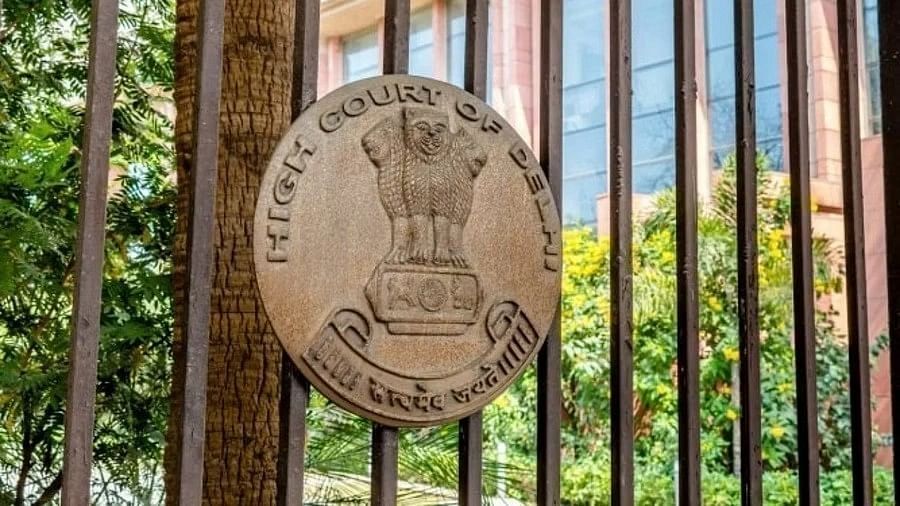
The Delhi High Court.
Credit: PTI File Photo
New Delhi: Information classified as "Top Secret" by the central government and directly related to the country's defence cannot be asked to be produced in arbitral proceedings even in a sealed cover, the Delhi High Court has said.
Stating that "certain aspects" are "better left to the wisdom of Union of India", the court relieved the director general of the Defence Ministry's Project Varsha of the obligation to produce certain protected records in the arbitration proceedings arising from a commercial dispute with a firm in relation to the development of a greenfield naval base on the eastern coast.
A contract was executed between M/S Navayuga-Van Oord JV and the Director General of Project Varsha in December 2017 for the construction of an outer harbour.
However, several disputes and differences arose between the parties, which resulted in the issuance of a notice of termination by the director general in 2022 and the firm invoked arbitration.
The director general said if the documents being sought by the tribunal are permitted to be produced, it would be akin to providing the blueprints of the project, which is against national security and contrary to the Official Secrets Act.
In the judgement passed on September 24, Justice Manoj Jain said while undoubtedly there has to be a level-playing field in any proceedings, national security is paramount and "cannot be crucified".
"Fact remains that in the context of India's defence, the project is highly sensitive and critical which cannot be undermined from any angle whatsoever," said the court.
"Needless to say, there are certain aspects which are better left to the wisdom of the Union of India. If any information is stated to be protected and classified as 'Top Secret' by the Government of India and directly relates to the defence of India, the due importance to such crucial fact ought to be given.
"Therefore, learned Arbitral Tribunal, in my humble opinion, should not have insisted for production of any such document in a sealed cover either," the court said.
The court further acknowledged its duty to strike a balance in such cases and observed that when the "prime issue" in the arbitration was with respect to the manner in which the timeline was stipulated and the claimant firm had entered into the contract voluntarily, the insistence on production of "classified documents" was "unfounded" and "fanciful".
The court said the moment the information was labelled as confidential and classified, "that should have been the end of the matter" in the arbitral proceedings as "in the given factual matrix, national security concern, apparently, outweighs and eclipses the contractual obligation".
It also said it was virtually beyond the purview of the arbitral tribunal to open a "sealed cover" to ponder over whether the information provided in it was rightly labelled as "classified.
Even if these were to be opened and evaluated, it could not have been declassified in the proceedings of this kind, said the court.